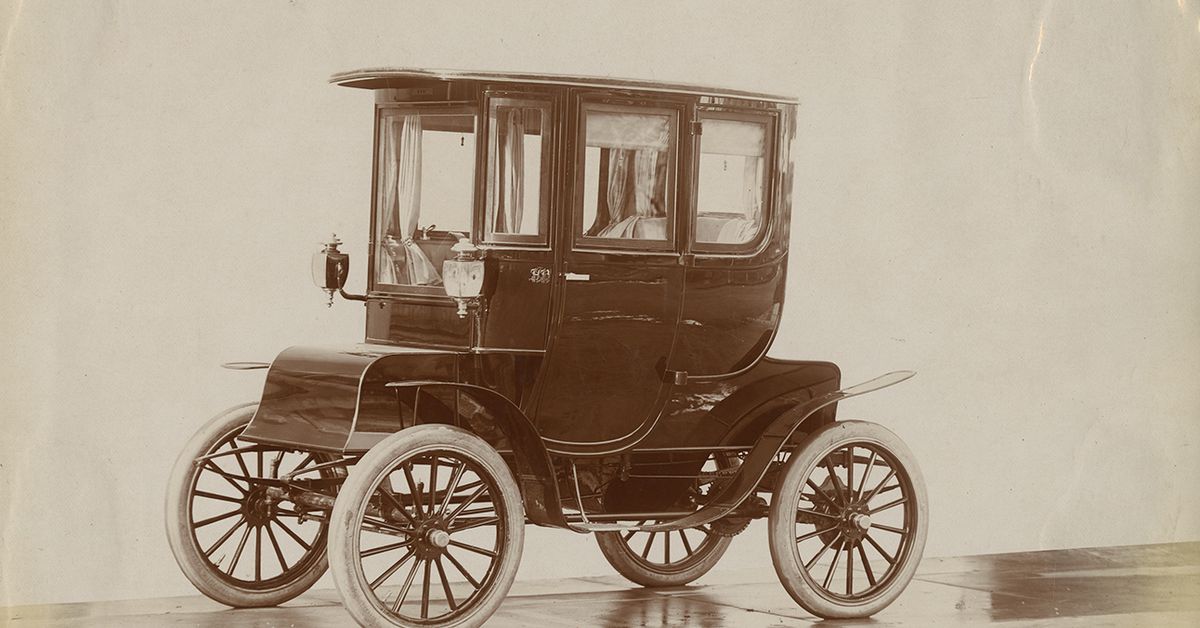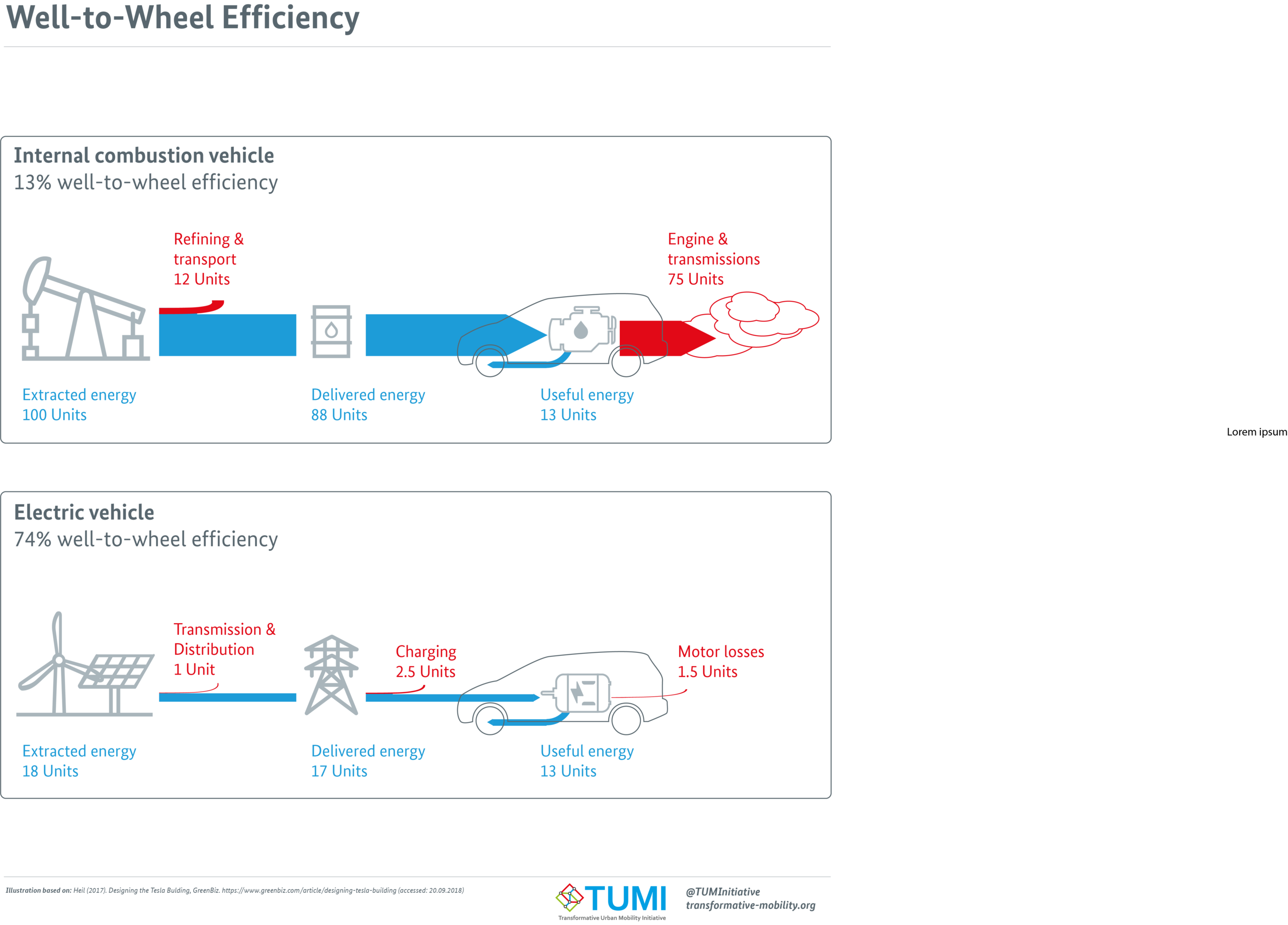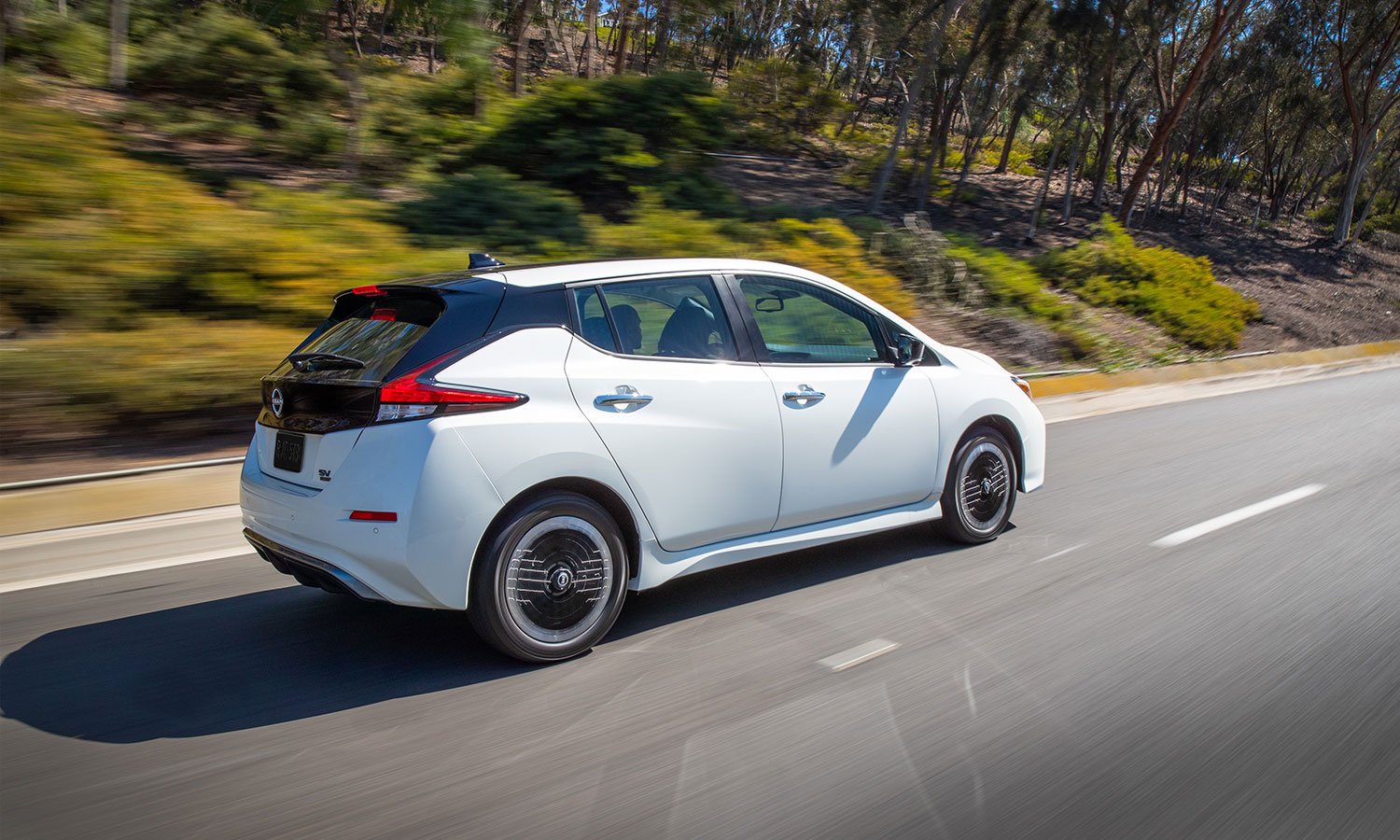Weight is a major problem for EV the ford f150 electric is stated around 6000-6500 pounds However think diesel and such f250 are much heavier f150 electric vs f250 diesel. Over all ... Weight is and has always been a major factory with any performance whether mpg or speed runs. Ppl actually discovered after the smog beat in the 1970's that reducing hp caused more smog. A sbf 302 put out about 135 hp and a sbc 350 put out around 160 hp. Pitiful. The science and engineering failed us.... in the 1970s. Gm abandoned their electric car... in 1970's. As far as that goes we had electric cars way back in early 1900'syeah dead on arrival cars are pretty common and not isolated to the EV world. I had a new ICE car which the dealer needed to buy back because it just randomly shut down while driving and the error was never to be found. They changed like a hundred sensors and wires. When I stranded once in front a train crossing I had enough. Never again a internal combustion engine, their main output is heat and vibration. Only a fraction actually goes into driving the car.
Don't know what's up with chargers in the West. I'm in Florida and have a hard time finding a broken one, there are free chargers everywhere. I haven't paid for driving my EV in 2+ years.
The marketing aimed at women - charge, jump in, and ride... the electric starter motor had not been applied to ICE. Women did not like starting ICE with hand crank - lot of injuries from it too. I think we made a mistake not to keep making the ev way back then. Gm had electric in 1970's and 1990's. Battery technology slumped. NASA was good about solving problems remember the moon rover? How much did it weight and how did they transport it to the moon?

History of the electric vehicle - Wikipedia

Before Tesla: Why everyone wanted an electric car in 1905
Electric cars might seem like the vehicles of the future, but they are actually a status symbol of the past.
 archive.curbed.com
archive.curbed.com
pay attention to who is going to the moon. We have not been back in over 50-55 years. China and russia have un-manned lunar - moon rovers. Wonder why they are not driving around like we did up there with astronauts way back 1970's?

Lunar rover - Wikipedia
Agree:
The extra large batteries if not needed are a waste - more weight more stress on all the ev mechanicals. Why brought up electric planes. You got it. Most ppl miss that for weight.
Some ev are very impressive in fact right now the tesla car can blister most ice in a straight out acceleration runs ... speaks volumes. Now
if the weight can be reduced then more mileage per say and more speed.








